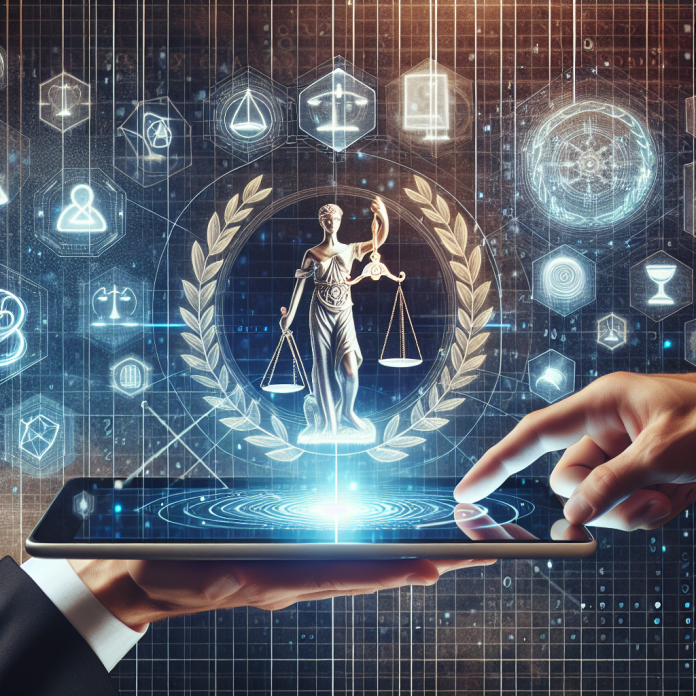Augmented Reality (AR) technology has rapidly evolved in recent years, offering exciting possibilities for businesses and consumers alike. However, as with any emerging technology, AR comes with its own set of legal and ethical implications that must be navigated carefully.
Legal Implications
One of the key legal considerations with AR technology is privacy. AR devices often collect and store personal data, such as location information, images, and biometric data. This raises concerns about how this data is being used, shared, and protected. Companies using AR technology must comply with privacy laws and regulations to ensure that user data is handled responsibly.
Intellectual property rights are another important legal aspect to consider. AR technology allows for the overlay of digital content onto the physical world, which can potentially infringe on trademarks, copyrights, or patents. Companies must be diligent in obtaining the necessary permissions and licenses to avoid legal issues.
Ethical Implications
From an ethical standpoint, AR technology raises questions about its impact on society and individuals. For example, AR apps that gamify real-world activities could encourage risky behavior or distract users from their surroundings, leading to potential safety concerns.
There are also concerns about the potential for AR technology to perpetuate biases and stereotypes. For instance, if AR displays information based on user preferences or demographics, it could reinforce existing prejudices and discrimination. Companies must be mindful of these ethical considerations and strive to design AR experiences that promote inclusion and diversity.
Conclusion
In conclusion, the legal and ethical implications of augmented reality technology are complex and multifaceted. Companies and developers must proactively address these issues to ensure that AR technology is used responsibly and ethically. By navigating these challenges thoughtfully and transparently, we can harness the full potential of AR technology while protecting the rights and well-being of users.

